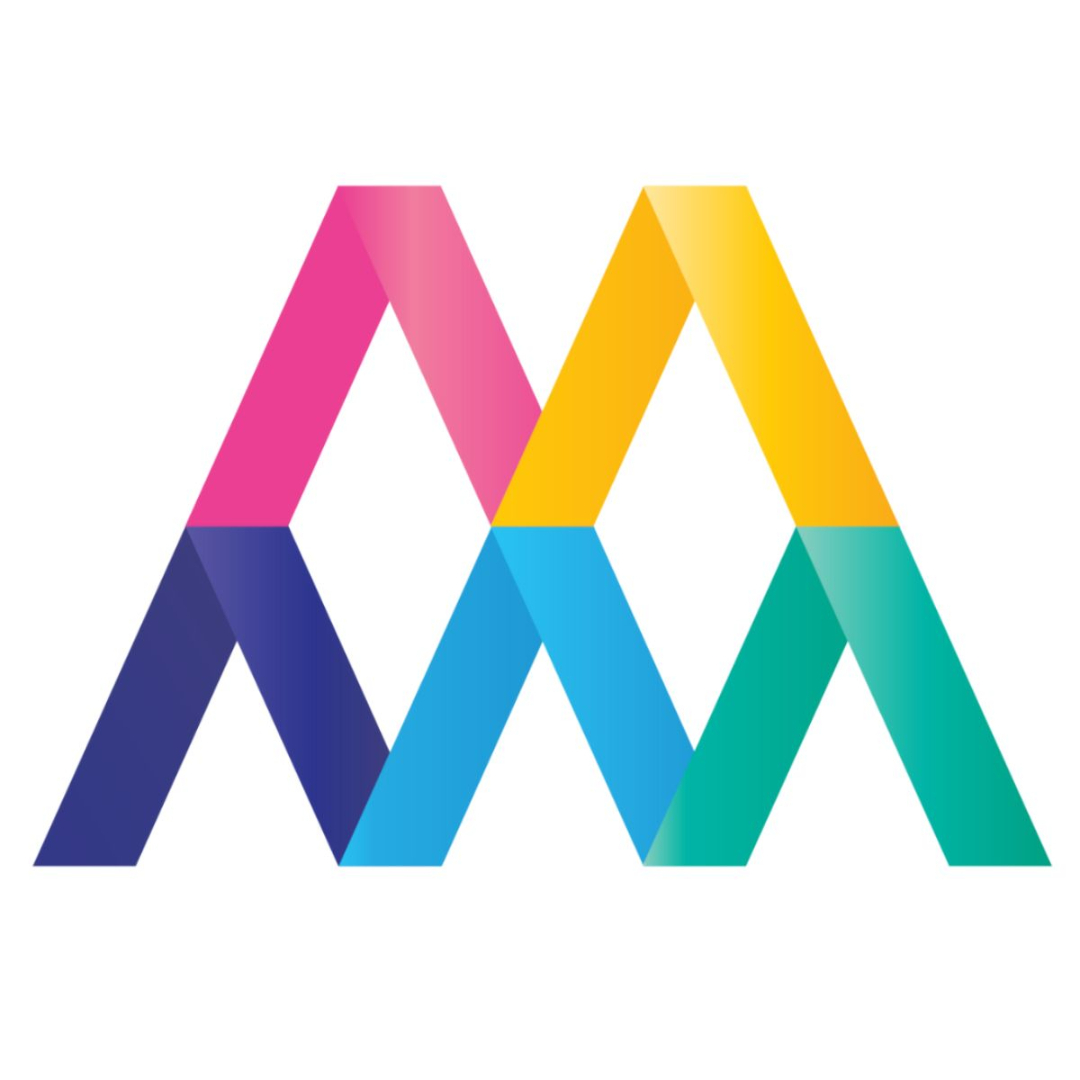Why your interview panels should be diverse
Diverse interview panels have huge potential to help reduce unconscious bias.
In 2014, Intel required that all interview panels include at least two women and/or employees from underrepresented groups. Since then, the number of diverse candidates who were hired increased. Before, 31% of new hires were women or People of Color. Just a few years later, they represented 45% of new hires.
That said, we urge caution on forcing representation. If you’re trying to hire a woman on your technology team, and you have no women in leadership who would be on your hiring panel, don’t invite an associate-level coder to join the interview just because she’s a woman. Sometimes, this kind of representation can backfire. Your candidate isn’t naive and can likely tell that this woman is much more junior than the rest of the interview panel, and it reinforces that you couldn’t find a single gender diverse interviewer to sit in. Instead, consider these other routes.
- Representation in other parts of the hiring process. Have a diverse member of your HR team (or several) sit in on your interviews.
- Break up the panel interview. If you want your candidate to interview with three senior managers, and your leadership is homogenous, do three shorter individual interviews rather than one group interview. Better yet, record one interview and let everyone else watch it.
- Be honest. Acknowledge the lack of diversity (whether it be race, gender, ability, age, etc.) and indicate that you’re working hard to change it. Make it clear that this is an ongoing effort at your organization that won’t end by simply hiring this one candidate. Feel free to share the initiatives your organization has taken to improve diversity.
- In areas where you have no representation within the organization, consider third party support. For example, if you have very little disability representation, consider hiring an organization that can support your company in making sure your hiring processes are accessible and you aren’t unconsciously turning candidates away. There are plenty of consultants in all areas of diversity who can evaluate your hiring process and make suggestions for improvements.
In conclusion, diverse interview panels have huge potential to help reduce unconscious bias in your hiring process and help your organization hire more diverse candidates. However, we urge you to avoid tokenism and ensure that anyone invited to be on the interview panel has an equal say in any hiring decisions.
Looking for more information on equitable hiring? Team Meytier is deeply passionate about this subject. Do you have a question about equitable hiring you’d like us to write about? Reach out here.
How to source more diverse candidates
Five tips to writing a great job description
Two things your company can do to hire more equitably
Privacy Policy Terms Of Use




